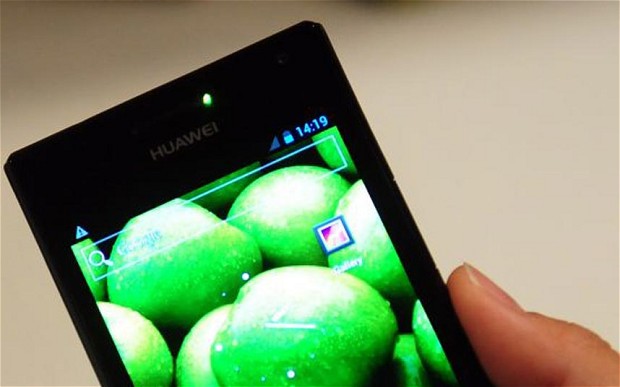The Ministry of Communications has entered into a new clash with mobile phone companies after the latter rejected the 4G licence conditions. The three mobile companies—Vodafone, Orange, and Etisalat—have announced that they will not apply for the licences and the National Telecom Regulatory Authority (NTRA) announced that it will put up the licences in a global bid. Has this conflict wasted a good investment opportunity for the state?
Investments from private sector companies are the main foundation of Egypt’s telecommunications sector. Vodafone Egypt has invested more than EGP 35bn since entering into the Egyptian market. It has allocated nearly EGP 9bn to update its network and prepare to offer the 4G technology. On the other hand, Orange has invested about EGP 32bn, whereas Etisalat Misr was the first company to offer 3G services, with investments worth EGP 37bn in the Egyptian market.
Khaled Negm, former minister of communications, said that the 4G licences file has wasted a new investment opportunity for the state, especially as the three mobile operators have rejected the licences, causing a delay in the entrance of 4G services into the Egyptian market. This has lead to a delay in the country’s utilisation of the frequencies, and a slowdown in the internet sector’s development.
The three mobile companies announced on Thursday their rejection to the terms of the 4G licences due to the lack of available frequencies, overpricing, and the condition to pay half of the value in dollars.
The former minister believes that this all-round rejection indicates the possibility of an agreement between the three companies to reject the licences, especially given that the reasons announced by all three of them are similar. They include two aspects, one is financial. It is related to the frequencies pricing and the condition to pay half their value in dollars. The other aspect is technical, which is the lack of available frequencies.
In response to the stance of Telecom Egypt (TE) towards operating 4G services after the three mobile companies rejected the licences, Negm said that without the local roaming agreements with mobile companies, TE’s licence has no value and cannot be activated.
The specialised international telecommunications companies, Vodafone and Orange, rejected the 4G licence under its current conditions, while the government-run company accepted it, even though TE has far less experience in the mobile phone sector.
The source believes that it would be better for TE to find an international partner to operate 4G services in order to benefit from its expertise and compete with international companies operating in the market.
Negm added that the current minister’s decision to create an international bid for the 4G licences will not be economically beneficial. The current investment climate is unattractive to investors, which is compounded by the nonsensical licence conditions.
“How can I ask an investor to pay for the licence in US dollars when they provide the service in Egyptian pounds?” Negm said.
He believes that negotiations with mobile companies are the best resolution for surpassing the problem, instead of excluding them and resorting to an international bid—which may not be attractive to regional and international telecommunication companies.
The source added that there are many alternatives that will be provided by NTRA for 4G licences through the board of directors’ meeting in October. One of these alternatives is offering the licences in an international bid.
According to the source, in the case that the 4G licences are offered in an international bid, the licence will be offered as a package that includes 4G, mobile phone and landline services, with the value to be paid in US dollars.
NTRA specified the prices for 4G frequencies at EGP 3.5bn for both Vodafone and Orange, EGP 4.5bn for Etisalat Egypt, and EGP 5.5bn for TE. 50% of the value should be repaid in US dollars. The companies will pay a value for providing 4G services as well, and it will be repaid independently, in addition to the price for frequencies.




